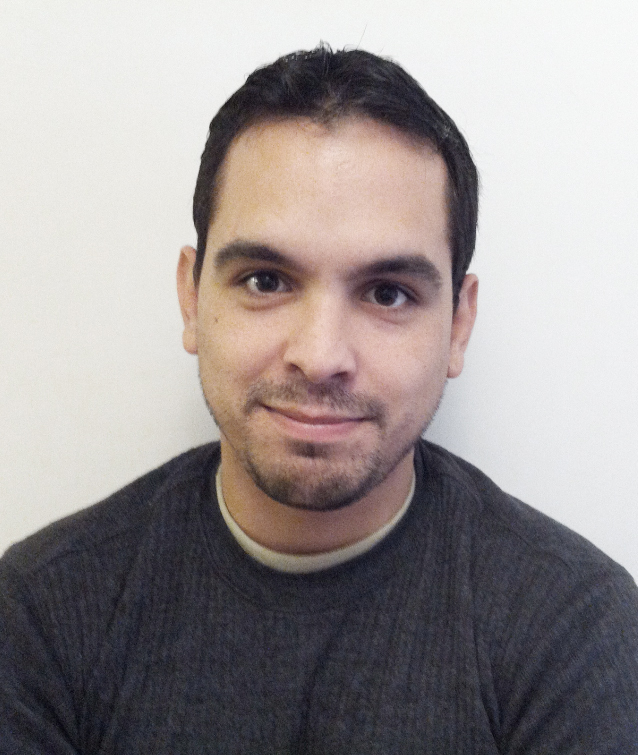Miguel Cyr said it’s understandable, but still frustrating, to see friends and family members struggle to comprehend the problems he faces in dealing with post-traumatic stress disorder.
“People say, ‘There’s nothing wrong with you. You have no scars,’ but they’re on the inside,” said Cyr, who served a year in Iraq with a Maine Army National Guard engineering battalion.
Cyr, who lives in Minot, said he joined the National Guard as a way to pay for college, but his battalion was sent to Iraq for a year in early 2004. The unit was based in Mosul, he said, and was building a road to connect several cities in the area.
As he headed out to the work site in July 2004, Cyr said, his truck was rocked by the explosion of a roadside bomb. Cyr said he had no visible wounds, but doctors later determined he had suffered a brain injury similar to a mild concussion.
His unit was also under mortar attack almost daily, he said, and friends of his were injured in the attacks.
“I had constant anxiety” about attacks while in Iraq, he said, and meanwhile, friends and relatives in the United States were pushing him to stay in closer contact.
“I just felt like I wasn’t doing enough — (people asked) why wasn’t I writing more?” he said. “I didn’t need more from people, I just wanted people to stop needing me so much.”
That took its toll on relationships when he came home in March 2005, Cyr said. He broke up with his girlfriend, lost track of friends and felt disconnected from fellow students when he attempted to go to college.
“I was only 19, but I felt like I didn’t fit anymore,” he said, feeling “a constant sadness and depression.”
Cyr said he started to have bad dreams, had difficulty keeping a job and has had trouble finding work for the past few years because employers seemed turned off that he’s disabled from his military service.
He felt constantly on edge, spent too much money, drank too much and started smoking marijuana because it was the only thing that seemed to help him keep calm.
Cyr signed up for the Army Reserve but eventually resigned because he had trouble following assignments and didn’t feel comfortable around his fellow soldiers. His officers, he said, urged him to get tested for PTSD. He was diagnosed by VA doctors four years ago.
Cyr said he takes medication the VA doctors prescribed, including antidepressants and pills to help him sleep, and goes to psychiatric therapy sessions. The treatment helps, he said, especially when he feels the need to talk about an incident in Iraq that’s been bothering him.
“I get so emotional, but I keep it to myself because I feel like I’d be depressing people,” he said. “Veterans need someone to relate to without bothering their friends and family.”
Cyr has since gotten married and now has two children. He says his wife is “a special person to put up with someone who has panic attacks, can’t sleep at night, won’t sleep in the bed and just has serious rage sometimes.”
On a day-to-day basis, Cyr believes he’s functioning better, but said he also realizes there’s no “cure” for PTSD, just treatment and strategies for managing it better.
“Things are OK, but every day is really affected by it,” he said. “Post-traumatic stress is invisible. It’s an injury to your emotions and it’s lifelong, forever lasting.”
Staff Writer Edward D. Murphy can be contacted at 791-6465 or at:
emurphy@pressherald.com
Send questions/comments to the editors.




Success. Please wait for the page to reload. If the page does not reload within 5 seconds, please refresh the page.
Enter your email and password to access comments.
Hi, to comment on stories you must . This profile is in addition to your subscription and website login.
Already have a commenting profile? .
Invalid username/password.
Please check your email to confirm and complete your registration.
Only subscribers are eligible to post comments. Please subscribe or login first for digital access. Here’s why.
Use the form below to reset your password. When you've submitted your account email, we will send an email with a reset code.